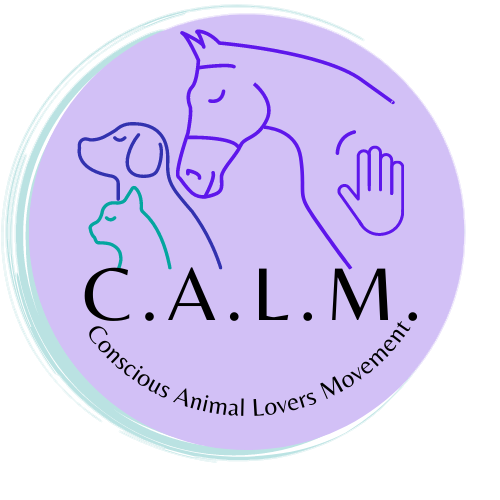
I always like to share helpful blogs that focus specifically on different areas of my broader blog focus. Recently I came across the natural cat care blog and was impressed with its content. I found one particular post on an innovative approach to cancer in cats that fascinated me. It describes a hands on healing technique developed by a Professor Bengston. I am also searching for innovative, natural, nontoxic approaches to cancer, but I must admit I am also a bit of a skeptic when it comes to hands on healing techniques that claim to heal cancer. I would love to see them work, as the saying goes “the proof is in the pudding”. I would like to see reproducible, documented results. That said, the study conducted by Dr. Bengston is quite interesting. His research titled “The Effect of the “Laying on of Hands” on Transplanted Breast Cancer in Mice”, was published in the Journal of Scientific Exploration.
When a client asks me about my approach to cancer in cats, I offer them different options depending upon the type of cancer, the age and condition of the cat, the cat’s appetite and ease of administering supplements (liquids, capsules, powders, tablets), the client’s preferences regarding conventional approaches of surgery, chemotherapy and radiation therapy vs. more natural approaches including diet, supplements, herbs, acupuncture and other complementary approaches or an integrative approach combining the best of conventional and complementary therapies. I also share the importance of a human caretaker’s attitude and thoughts when around their cat and the impact that that may have on their immune system. I also suggest that they get the opinion of an integrative oncologist or at least one that is open to a more integrative approach and ask them about the specific success rate of the conventional approaches for that particular type of cancer in cats as well as the potential side effects. I suggest that they inquire specifically what success means, living one month or one year. The question based on all of these options is what is there quality of life like. Cat’s really do live more in the moment and don’t think into the future “oy….I wanted to live till my next birthday or to some unknown future date. Quality of life to me is more important that the length of time.
In addition to all these approaches, I would love nothing more than to see Dr. Bengston’s approach work either in conjunction with more traditional approaches or on it’s own. I think that Liz’s description and perspective regarding this approach is valuable as well. If you choose to try this approach, alone or in conjunction with conventional and complementary therapies, please let me know what your experience is. I always like to keep an open mind and hope to integrate more successful approaches into cancer care.
In addition, keep tabs on the natural cat care blog and see what their readers have to say.
The best prevention is minimizing exposure to carcinogens, feeding a well balanced, natural, organic diet and lots of love.

